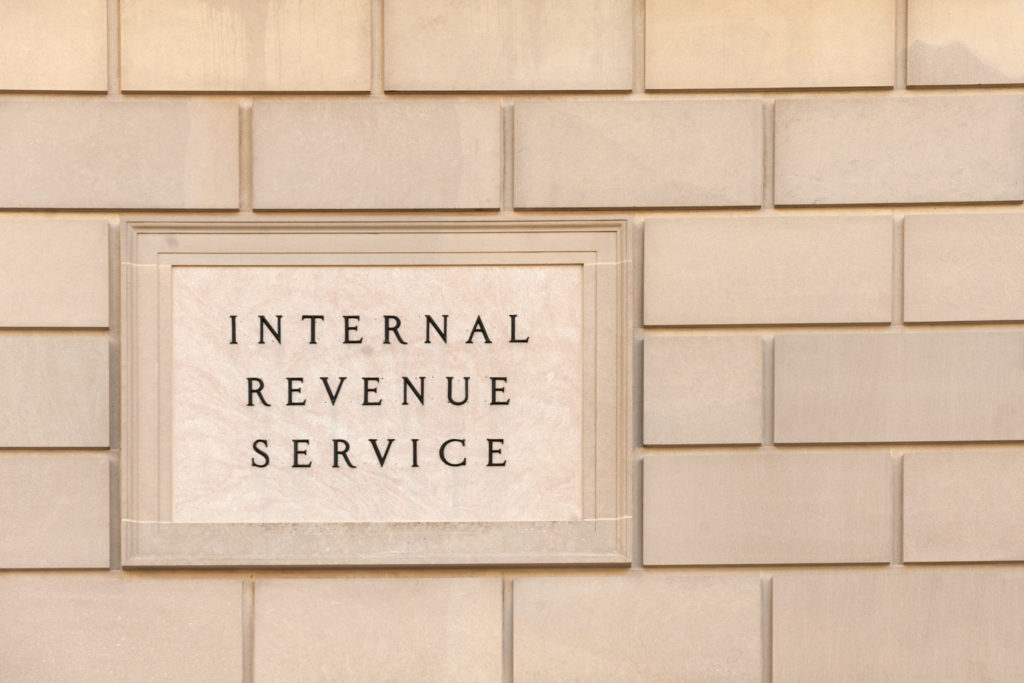IRS offers advice on cost-sharing agreements and stock-based comp

The Internal Revenue Service’s Office of Chief Counsel posted a memorandum on cost-sharing agreements with reverse clawback provisions and their implications for transfer pricing arrangements and stock-based compensation.
The memorandum, issued Tuesday by associate chief counsel Peter Blessing and posted Friday by the IRS, provides non-taxpayer specific legal advice about the application of section 482 of the Tax Code with the caveat that it shouldn’t be used or cited as a precedent. The memo discusses some issues related to transfer pricing examinations of stock-based compensation costs involving taxpayers’ cost-sharing agreements under which they didn’t contract to share costs of the stock-based compensation and included so-called “reverse claw-back” provisions in their contracts. The document analyzes the issues under the current regulations for cost-sharing arrangements, which address the treatment of stock-based comp as an intangible development cost.
The memo cites the Altera case, involving an Intel unit that unsuccessfully appealed a federal court ruling that limited deductions for stock payments to employees after the company had tried to allocate the expenses to subsidiaries in low-tax countries. The U.S. Supreme Court rejected an appeal in the case last year, which means that big companies like Intel, Facebook and Google may not be able to deduct billions of dollars in taxes (see story).

Natalia Bratslavsky/Adobe
The memorandum noted that many taxpayers historically have included provisions, often referred to as “clawback” provisions, in their cost-sharing agreements. The provisions would allow companies to “claw back” stock-based compensation (SBC) that is included in cost pools if, at some point after the agreement is executed, the SBC regulation is invalidated as the result of a final decision in a court of law, revised, or withdrawn.
“In connection with the litigation in Altera Corp. & Subs. v. Commissioner, 145 T.C. 91 (2015), certain taxpayers amended their agreements to stop sharing SBC and to include so-called “reverse claw-back” provisions,” Blessing wrote. “These reverse claw-back provisions are essentially the opposite of claw-back provisions and require taxpayers who excluded SBC from their cost pools to include the previously excluded SBC amounts in those pools upon a certain triggering event. That triggering event was often defined as the date when a final decision in Altera or another case upheld the validity of the SBC regulation. Upon the triggering event, the cost sharing participants become obligated to make a true-up to reflect the sum of SBC costs that should have been shared in prior years.”
The memorandum addresses the reverse claw-back provisions in non-SBC cost-sharing agreements that obligate cost sharing participants to true-up the unshared SBC costs from prior years in the year of the triggering event.


